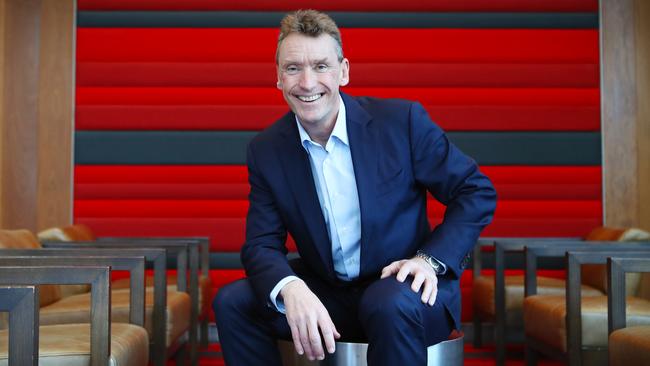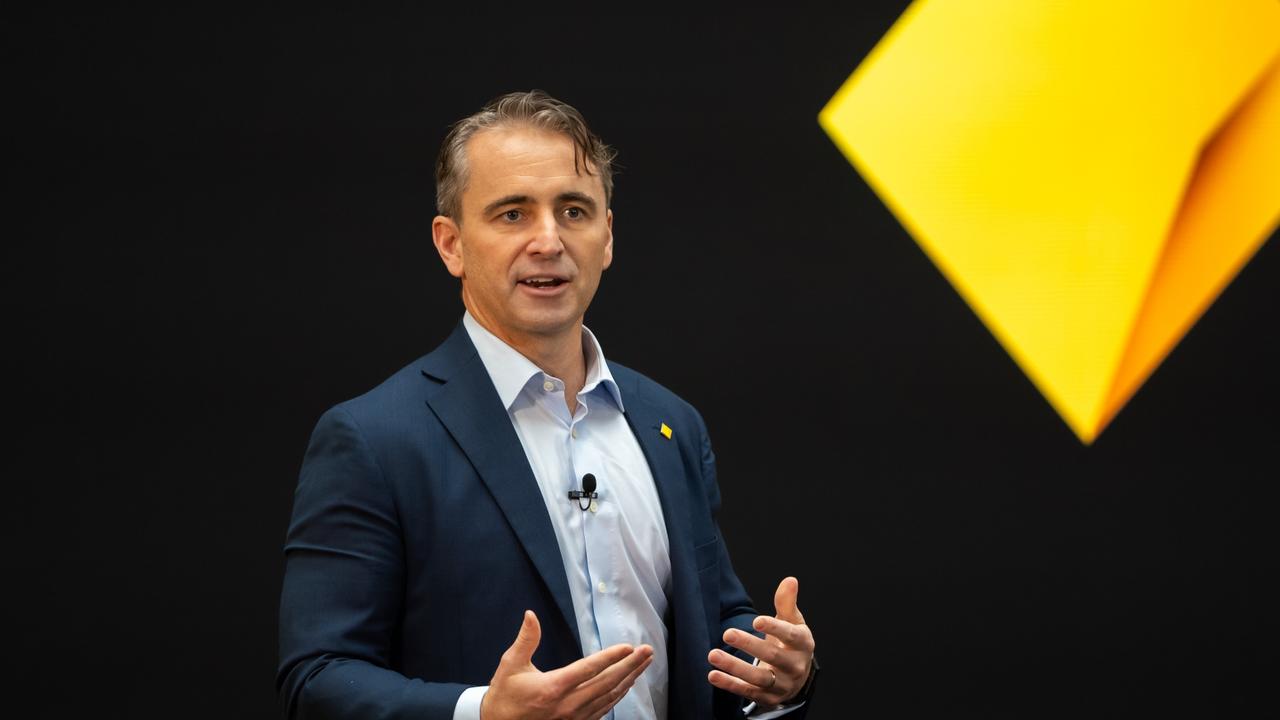NBN Co pricing hurting Vocus bottom line line
From a competition perspective, the NBN has been an abject failure, according to Vocus boss Kevin Russell.

Vocus boss Kevin Russell is confident the telco’s retail broadband business can weather the ill effects of the National Broadband Network, with a greater focus on mobile services on the cards for Australia’s fourth-biggest internet provider.
Speaking to The Australian after the telco’s investor day yesterday, Mr Russell said the retail business, which includes Dodo and iPrimus, had been severely undermined by the high wholesale prices charged by NBN Co.
“From a competition perspective, the NBN has been an abject failure,” Mr Russell said.
“The cost of access is so high that you end up with very little margin, so it’s the larger players with deep pockets that can afford them. The (NBN Co) prices have pushed broadband into a premium product category, where value brands (like Dodo) can’t compete.”
In the past 24 months, Vocus has lost 84,000 NBN broadband customers to rivals.
It has also shed broadband customers as they move from their existing ADSL services to the NBN, with an estimated 182,000 lost during the last 24 months.
With Vocus just one year into its planned three-year turnaround plan, the future of the retail business now hinges on it making inroads in the mobile market.
The telco runs its mobile services over Optus’s mobile network.
Mr Russell said that there was a potential to leverage the Dodo and iPrimus brands and push them harder as mobile service providers.
“The brand awareness is very strong. For us it’s about pushing up the market share and look at the opportunity to cross-sell other products like energy.
“There’s no reason why we can’t double or triple our current market share in mobile.”
Vocus’s ongoing restructure has seen it divide its operations into three independent business units — Vocus Network Services, Vocus Retail and Vocus New Zealand.
“In the full-year 2019 results coming up in August, we will split out the financials for all three business units, we want the market to have visibility of where the value is and which businesses are performing well,” Mr Russell told investors yesterday.
While simplifying the operations will make it easier for Vocus to sell units more easily, he added that there were no plans to put any of the units up for auction for the moment.
“We will look at some point as to whether some of these business units can be realised, that’s absolutely not the plan today but it’s good to have the option.
“Our core business is Vocus Networks, that’s where the strategic assets lie and that’s where the value creation opportunities lie … so the discretionary capital goes to that unit with the other businesses playing a supporting role to build value.
“We have to get Vocus Networks right.”
Vocus has reaffirmed its FY19 underlying earnings before interest, tax, depreciation and amortisation guidance at $350 million to $370m and expects full-year 2020 results to fall in the same range.
Since joining Vocus last May, Mr Russell has presided over a complete revamp of the telco’s senior leadership. However, he isn’t looking to rush the turnaround.
“This is a three-year plan — not because we can’t fix things earlier — it’s because we want to build the right business.”
Having recently come on the radar of two suitors — AGL Energy and EQT — Mr Russell said the takeover talks had been instructive for Vocus management.
AGL and the Swedish private equity player both walked away from a deal after having a look at Vocus’s books.
“Both bids were completely unsolicited and both were too early,” he told investors.
“They came in with certain expectations of where we were at with the turnaround and we needed more data points for them to be happy.
“That’s not a good thing or a bad thing, it’s just a reality check for us and helps us sharpen up a little bit.”
Vocus shares closed 2.7 per cent weaker yesterday at $3.20.



To join the conversation, please log in. Don't have an account? Register
Join the conversation, you are commenting as Logout